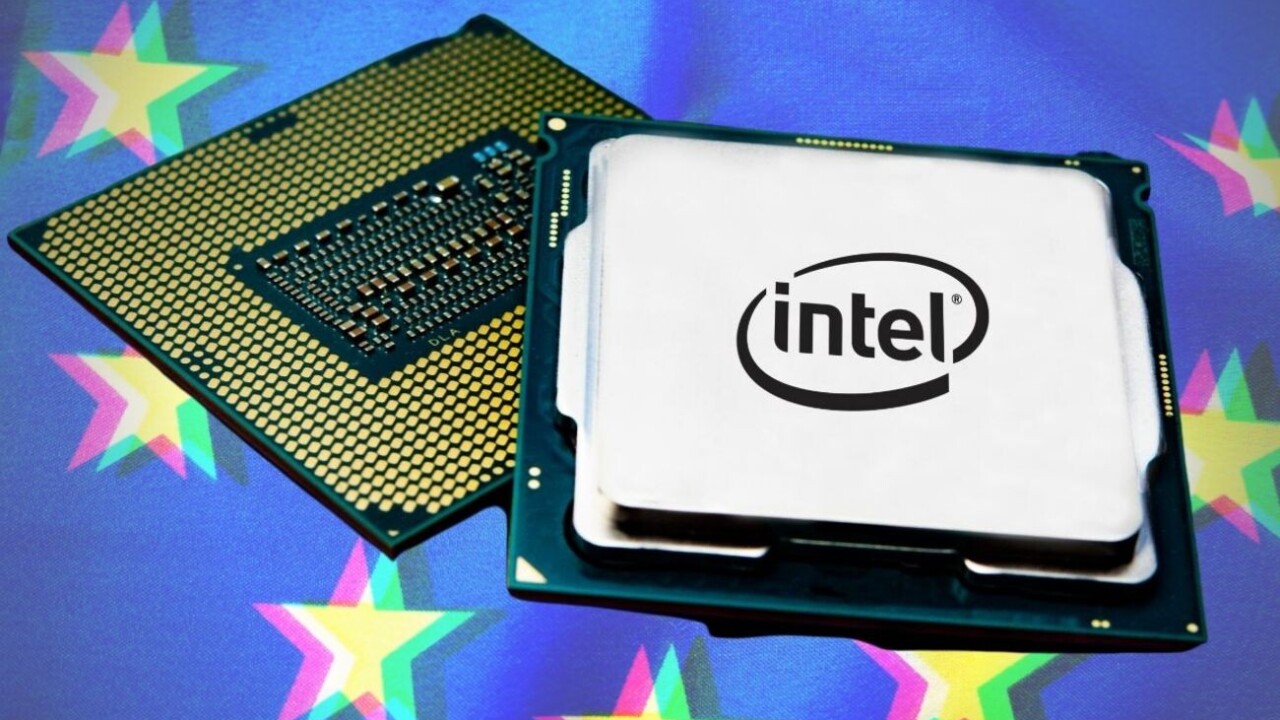
Intel’s plan to construct a massive chip plant in Magdeburg, Germany, is arguably the centrepiece of the EU’s strategy to ramp up domestic production of semiconductors.
But cash flow has proven to be a major stumbling block for the mega-project. Intel attributes this to rising costs, partly a result of Russia’s invasion of Ukraine.
To close the funding gap, last month, the US semiconductor giant requested an additional €4-5 billion euros in subsidies to construct the plant.
But German officials want Intel to meet them in the middle — they will consider boosting subsidies, but only if the company is willing to spend more on infrastructure.
“It’s logical that if the scale of the investment is increased, then the level of subsidy would also rise,” Sven Schultze, the economy minister for Saxony-Anhalt, told the Financial Times.
Intel had initially estimated that the project would cost €17 billion and had reached an agreement for €6.8 billion in government subsidies. Now, however, the company expects to spend €20 billion, citing rising energy and construction costs.
Construction of the chip plant has already been delayed, and resolving the funding dispute will be critical if Intel is to deliver on its broader plans to invest €80 billion over the next decade into the EU’s semiconductor industry.
While it may seem a simple matter of throwing a few billions more at the project, the chipmaker is facing serious cash flow problems. Late last year, Intel CEO Pat Gelsinger, said the company would cut as much as $10 billion in annual spending by 2025.
The German ministry said it is currently discussing ways to fill the project’s cost gap. It also added that any additional funding would likely need approval from the European Commission first.
Additional subsidies for the project could come from the European Chips Act, which aims to mobilise more than €43 billion to end Europe’s dependence on China and produce 20% of the world’s semiconductors by 2030.
The act is expected to get the green light next week, which could throw Intel a crucial financial lifeline.
Get the TNW newsletter
Get the most important tech news in your inbox each week.
Also tagged with